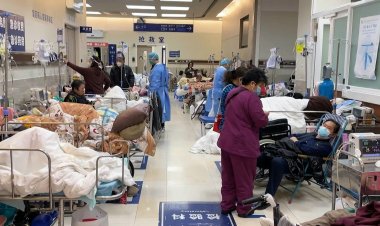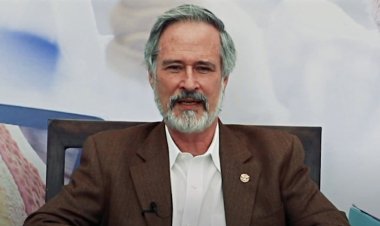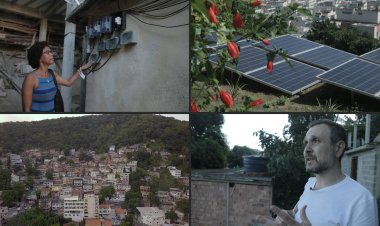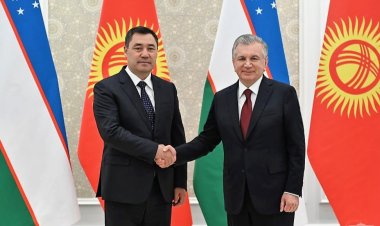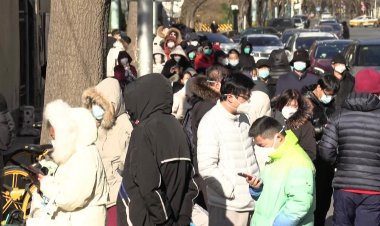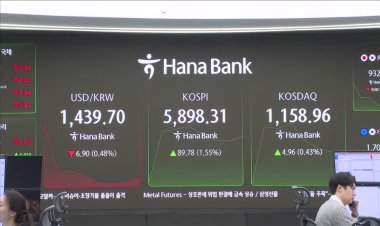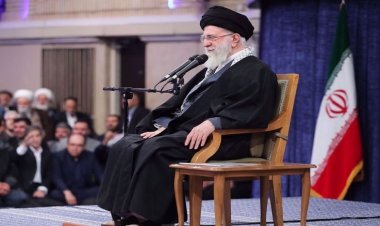Iran mourns IRGC commander killed in Israeli strike
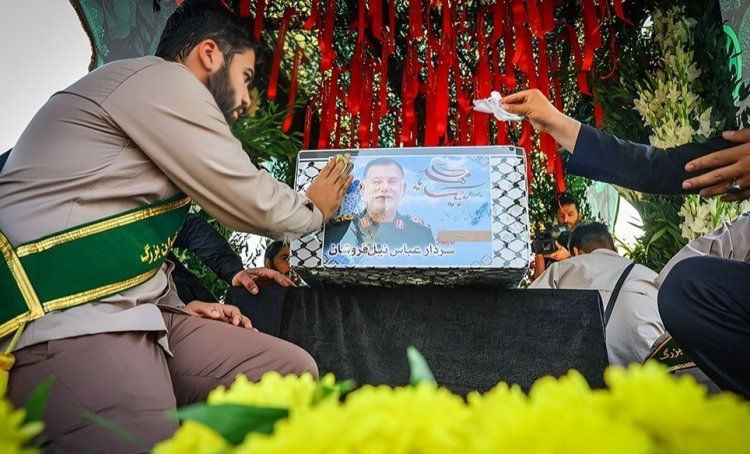
Iranians gathered in Tehran's Imam Hussein Square for the funeral ceremony of Major General Abbas Nilforoushan, a senior Islamic Revolution Guards Corps (IRGC) commander. Nilforoushan was killed in an Israeli airstrike on Lebanon's capital, Beirut, on September 27, alongside Hezbollah Secretary General Sayyed Hassan Nasrallah.
The attack, which targeted residential buildings in Beirut's southern suburb of Dahiyeh, has escalated tensions in the region. Mourners carried Nilforoushan's flag-draped coffin through the iconic square, marking a significant moment of national mourning in Iran.
Prior to arriving in Tehran, Nilforoushan's body was transported from Beirut to the Iraqi city of Karbala, where a large crowd, including representatives of Iraqi political groups, attended his funeral. The ceremony in Karbala was led by a representative of Iraq's top cleric, Grand Ayatollah Ali al-Sistani, underscoring the religious and political significance of the event.
Another funeral procession was held in Najaf, home to the holy shrine of Imam Ali, the first Shia Imam, further emphasizing the religious importance of Nilforoushan's role and the impact of his death on the Shia community.
The Iranian government has planned additional ceremonies in the cities of Mashhad and Qom before Nilforoushan's final burial in Isfahan. This series of funeral events across multiple cities in Iran and Iraq demonstrates the regional impact of the commander's death and the complex geopolitical dynamics at play.
The assassination of both Nilforoushan and Nasrallah in the same attack represents a significant escalation in the ongoing tensions between Israel and Iran-backed forces in the region. It raises concerns about potential retaliatory actions and the further destabilization of an already volatile Middle East.
As Iran mourns one of its high-ranking military figures, the international community watches closely for any signs of retaliation or shifts in regional power dynamics.




